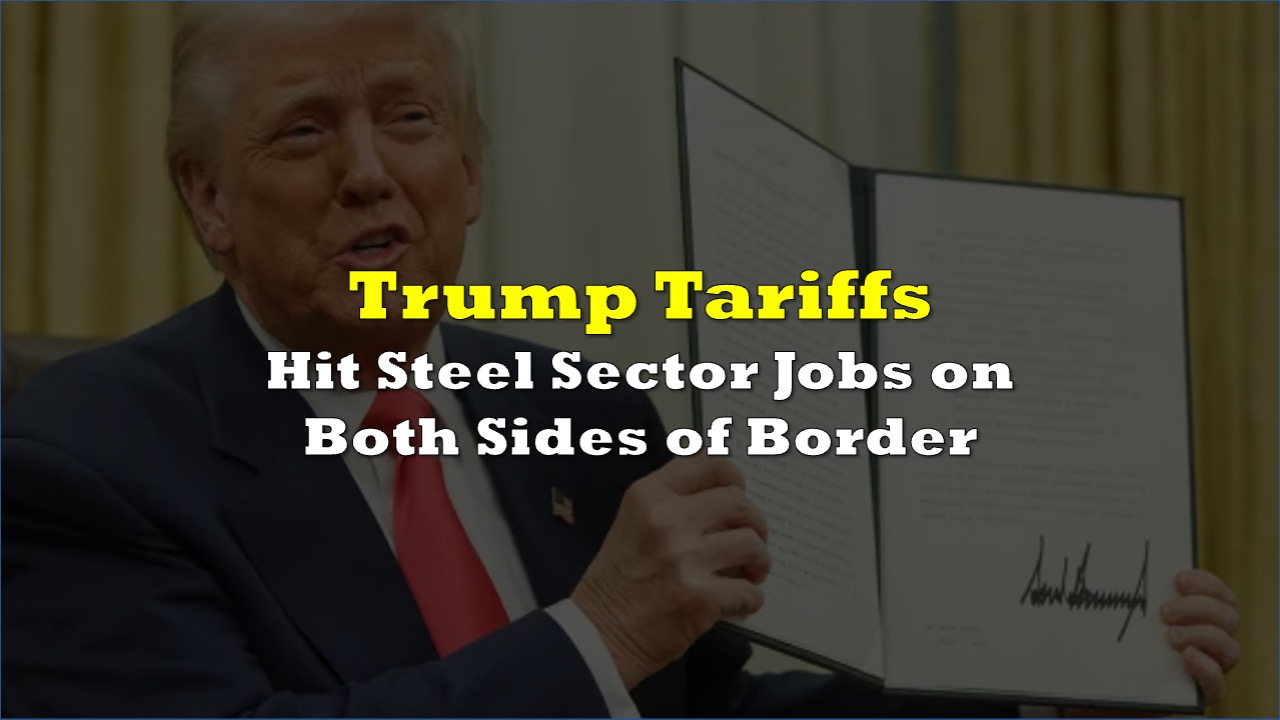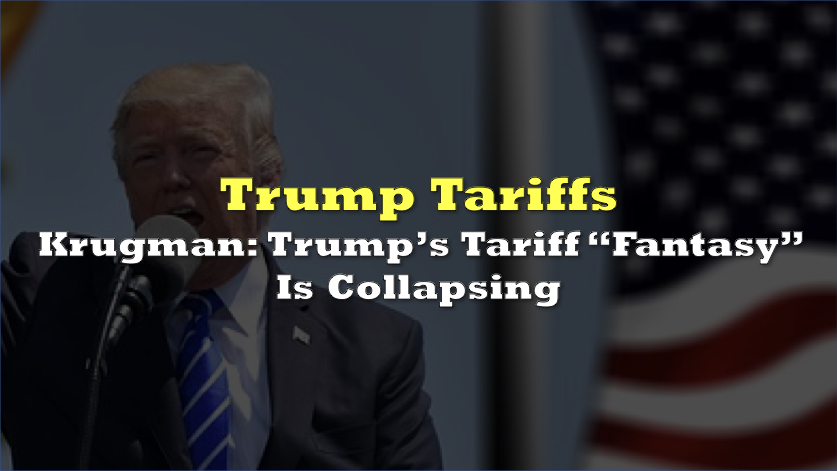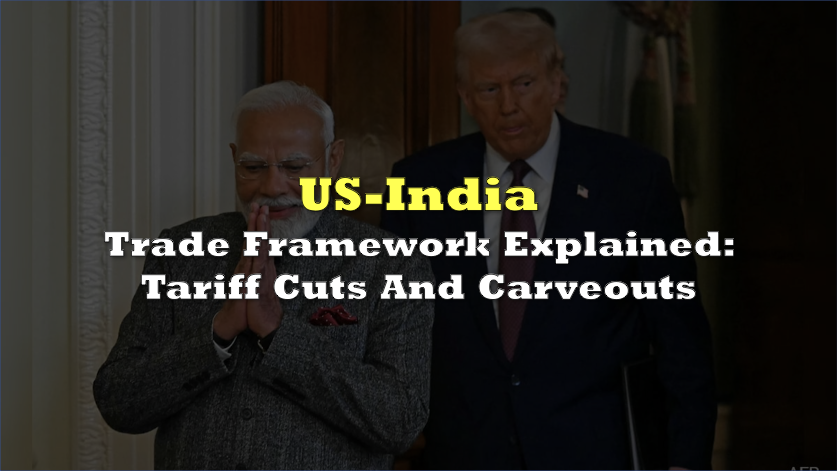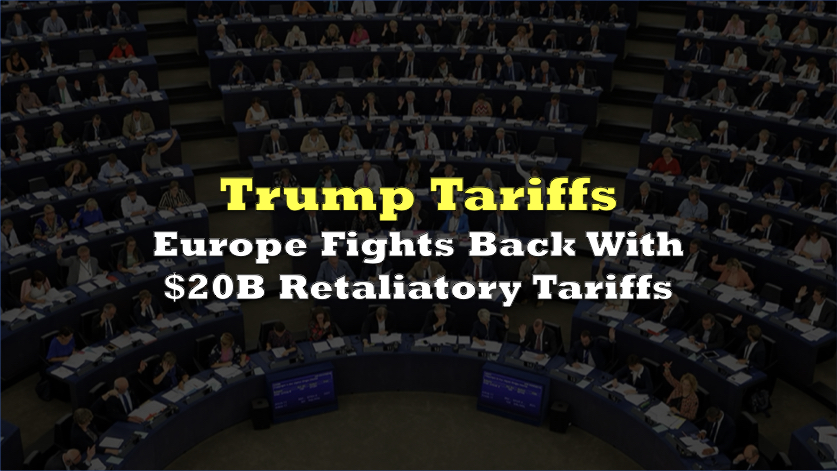Hundreds of steel and aluminum workers across North America have lost their jobs following recent US tariffs, with thousands more at risk as additional trade measures loom, according to union officials and company statements.
US President Donald Trump imposed tariffs on steel and aluminum on March 12, with more tariffs coming on April 2.
In Canada, about 200 union members are already out of a job, Marty Warren, national director of the United Steelworkers, told Reuters. Canada Metal Processing Group reduced its workforce by 140 employees, while Algoma Steel has laid off about 20-27 workers.
“Everyone losing a job or laid off is a major hit,” said Warren. “With the full-blown tariffs coming in on April 2 … it’ll probably affect 100,000 of our members,” he added. United Steelworkers represents more than 225,000 members in Canada.
The Canadian government has responded with emergency measures. Prime Minister Mark Carney recently announced policies allowing earlier access to employment insurance and unveiled a multibillion-dollar aid package for affected businesses.
Steel plants in Canada have begun laying off hundreds of workers due to President Trump's tariffs.
— George (@BehizyTweets) March 26, 2025
Meanwhile, companies are rushing to bring their operations to America to avoid the tariffs.
The CEO of Ontario's Algoma Steel says he expects a "tidal wave" of more layoffs to… pic.twitter.com/FMZq8nZFNE
Contrary to expectations that tariffs would primarily benefit US manufacturers, American steel companies are also announcing significant job cuts.
Cleveland-Cliffs Inc., the largest steel supplier to the automotive industry in the US, will idle operations at its Dearborn plant this summer, affecting approximately 600 employees. The company cited “the current reality of weak automotive production in the US” as the reason for the shutdown.
The steelmaker is also laying off nearly 600 workers in Minnesota starting in May due to “excessive iron ore pellet inventory” resulting from decreased domestic steel demand.
Cleveland-Cliffs CEO Lourenco Goncalves has publicly supported the Trump administration’s trade policies, telling CNBC last month that the tariffs would help “bring back manufacturing in the US.”
“We believe that, once President Trump’s policies take full effect and automotive production is re-shored, we should be able to resume steel production at Dearborn Works,” the company said in a statement.
Economic analysts remain cautious. Cox Automotive, which had forecast new-vehicle sales to reach 16.3 million units in 2025, now questions this target given the tariff situation.
“Higher prices and border disruptions could result in lower volume and upend vehicle pricing,” said Cox Automotive Senior Economist Charlie Chesbrough in a recent report.
Economists warn that the impact of the tariffs is expected to broaden the longer they remain in place.
Information for this story was found via the sources and companies mentioned. The author has no securities or affiliations related to the organizations discussed. Not a recommendation to buy or sell. Always do additional research and consult a professional before purchasing a security. The author holds no licenses.









